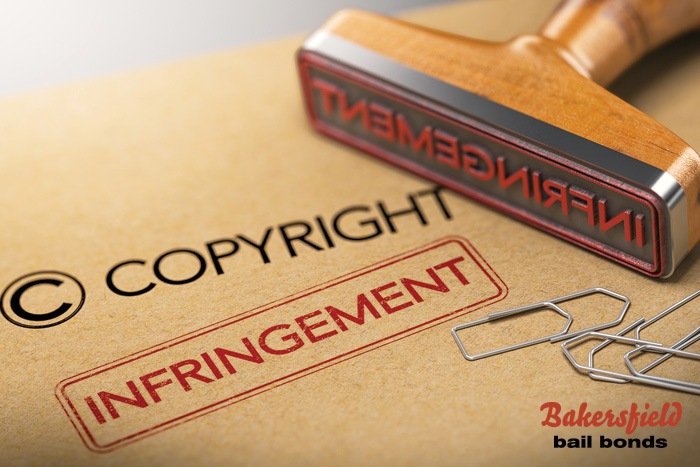
These days, both large and small businesses rely heavily on intellectual property. Cornell Law School defines intellectual property as, “any product of the human intellect that the law protects from unauthorized use by others.” Investopedia elaborates on that definition and describes intellectual property as “a broad categorical description for the set of intangible assets owned and legally protected by a company from outside use or implementation without consent. An intangible asset is a non-physical asset that a company owns.”
Quick examples of intellectual property include:
- Website content
- Logos
- Slogans
- Sound recordings
- Videos
- Trademarks
- Copyrights
- Trade secrets
- Photos
- Blog posts
- Social media posts
- Etc.
While there may be some confusion about the exact definition of intellectual property, the one thing everyone agrees on is that intellectual property is a major business asset. Every single year millions of dollars get invested in the creation of new and fresh intellectual property.
Like all things of value, intellectual property is highly sought after by thieves.
The problem with intellectual property theft is that many of the people who steal the intellectual property don’t realize that they are doing anything wrong. Many assume that because a slogan, logo or even pages of website content can be found online that it’s okay to use that content for their own purposes. They don’t realize that copying that entire blog post or using another’s company’s logo and passing it off on their own is just as wrong as stealing a pack of gum from a gas station.
One of the biggest differences between shoplifting from a local store and passing off someone else’s intellectual property off as your own is that when you steal from a store, the case will likely only involve the local police. When it comes to the theft of intellectual property, the FBI sometimes gets involved. That’s because in many situations the theft of intellectual property is a federal offense.
While intellectual property theft is a federal offense, according to the FBI, most of the cases they look into involve extreme examples of copyright theft (remember all of the warnings that play at the start of movies,) patent theft and trade secrets.
Don’t assume that because you took a few pages of content from a competitor’s website and are currently passing it off as your own, that you won’t get into trouble for the theft of intellectual property. The value of intellectual property has inspired many companies to take matters into their own hands. An increasing number of businesspeople have started talking to lawyers about pursuing both criminal and civil cases against people who blatantly steal intellectual property.
California has the Uniform Trade Secrets Act which officially labels the theft of intellectual property as misappropriation. While this was originally created to protect trade secrets, such as pending patent projects, some businesses feel that it can also be used to protect other forms of intellectual property. If they are unable to use the Uniform Trade Secrets Act to launch a case against you, they could decide to file theft or fraud charges against you.
In addition to facing potential criminal charges for the theft of intellectual property in California, if you’ve used someone’s intellectual property without their permission, the business owner could name you as the defendant in a civil case where they try to recoup any financial losses they sustained as a result of your theft.
Cases of intellectual property theft are on the rise, the best way to make sure no one files charges against you is to make sure that everything you post to the internet or use to promote either yourself or your business is your original work.
